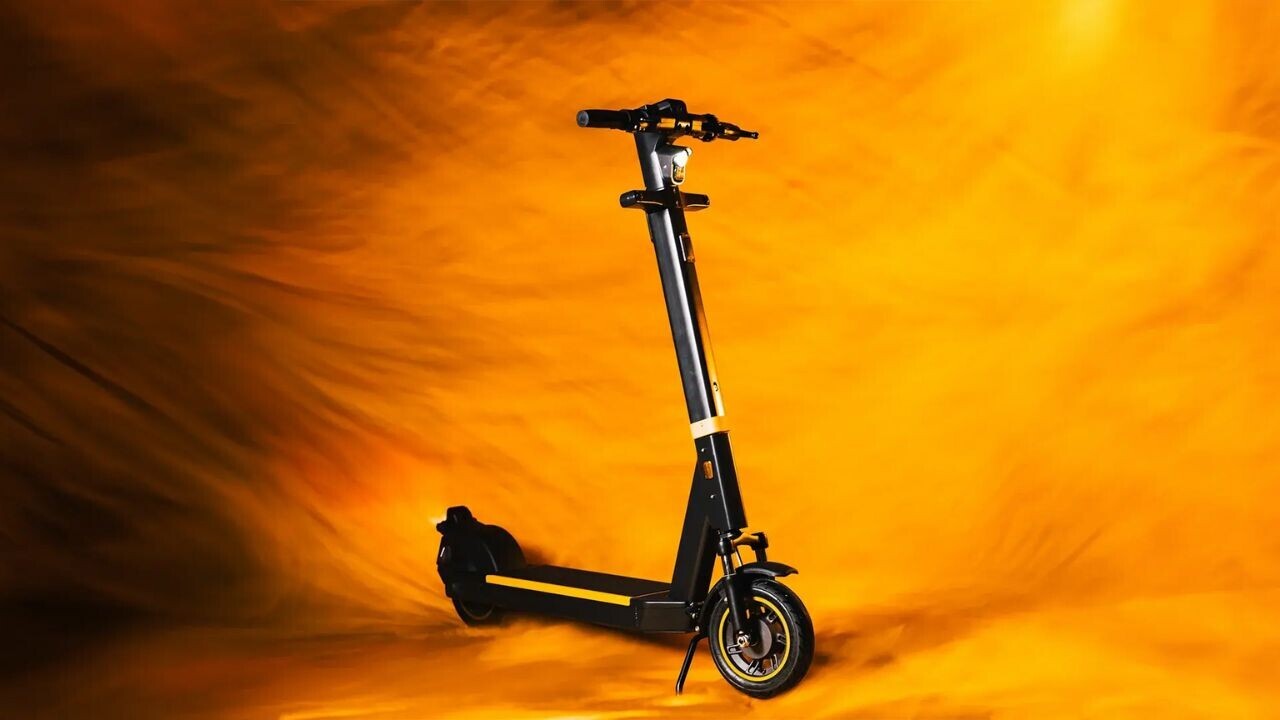The Dutch government has approved the first electric scooter for public roads and bike lanes, marking a cautious yet significant shift in the country's tough stance on micromobility.
Dubbed Selana Alpha and developed by the startup Selana, the vehicle was recently approved for use on Dutch roads by the national transport authority (RDW). In the process, the e-scooter earned its first blue license plate, which means it's now legally allowed to be driven as a light motor vehicle.
For co-founders Chingiskhan Kazakhstan and Max Schalow, the plate marks the end of a long regulatory slog to legalise their scooter.
“After 6 years of hard work, the day has finally come!” Schalow wrote on LinkedIn. “Selana Alpha is now legal to ride on public bike lanes in the Netherlands.”
The Alpha comes with 10-inch air tyres, dual mechanical drum brakes, an electronic regenerative brake, full LED lighting with turn indicators, and a smartphone-controlled lock system.
Riders can expect a top speed of 25km/h (per regulations) and a range of 45–60km. Powered by a 576 Wh LG lithium-ion battery, it charges to 80% in 2.5 hours.
Tech features include an NFC-enabled digital dashboard, which allows the vehicle to be unlocked with a smartphone or card. The e-scooter also comes with a built-in security alarm and motion detection, which issues alerts when there's a theft or a crash. Priced at €1,900, the Alpha doesn't come cheap.
The vehicle is legal for riders aged 16 years and older. No helmet or driving license is required and the e-scooter can be fully insured. However, a number plate is required, which costs €18 for existing vehicles and €50 for new ones, per the RDW.
E-scooters, or “steps” as they are known in Dutch, are a common sight in many European cities. But in the Netherlands, their use is restricted to private driveways or gardens. Riding one on public roads and bike lanes was previously illegal and would land you with a €380 fine. However, this is now changing.
The RDW recently introduced new legal provisions allowing e-scooters on Dutch roads — provided they meet strict safety standards and are fitted with a license plate. Selana is the first provider to meet these requirements.
“I'm extremely proud that we managed to get past this hurdle, especially after industry experts, investors, competition, and haters told us endlessly that it is impossible,” said Schalow.
